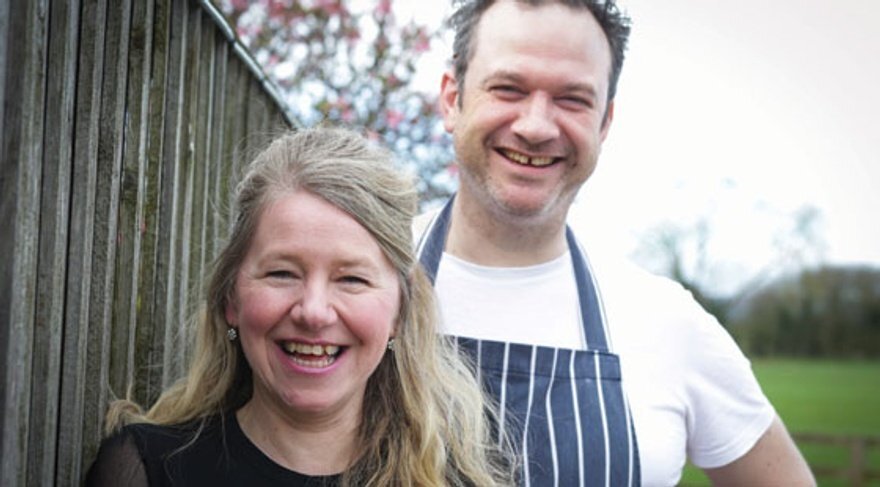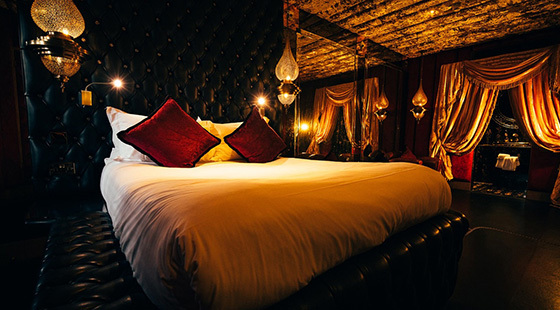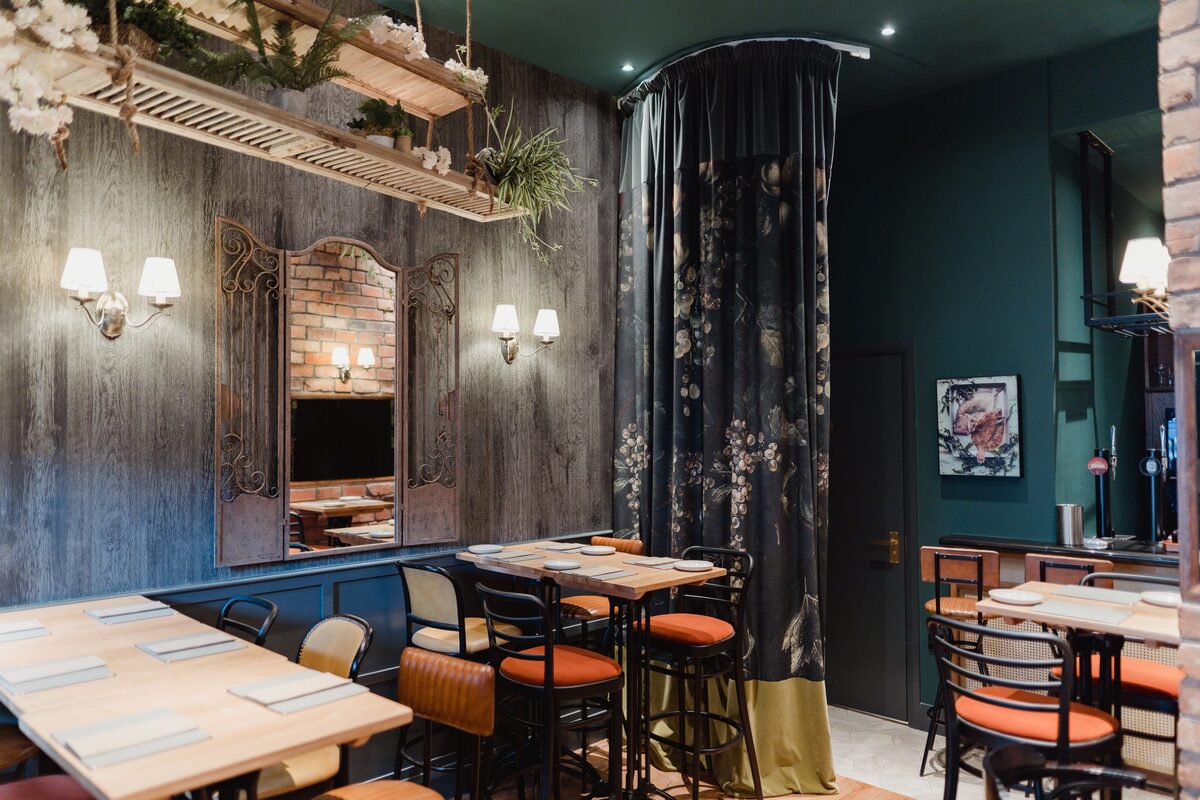Hospitality operators seen as too 'high risk' for bank loans
Hospitality businesses are struggling to access bank loans with many being told the industry is seen as too “high risk” to lend to.
Operators looking to expand and open new sites have said it is “impossible” to get funding, leaving many with plans left in limbo.
Chef Richard Johns and his wife Lindsey (pictured above) were turned down for a small commercial mortgage on a pub earlier this year. The couple have a history of running successful restaurants, including the Hovingham Inn in Yorkshire, and were able to put down a “sizeable” deposit on the property.
Johns told The Caterer: “A broker working on our behalf couldn’t get funding from anywhere, people just didn’t want to touch hospitality businesses.
“One excuse, that I’ve never heard before, was that they weren’t prepared to lend as the seller’s own accounts weren’t strong enough.
“It’s impossible to go down the traditional route of getting lending from banks. I think for the foreseeable future, those days are over.
“People said they were not interested in lending to hospitality as they think it’s such a precarious industry right now.”
Nandana Syamala has run Clay’s Hyderabadi Kitchen in Reading with her husband Sharat (pictured below) since 2017. The couple recently signed the lease on a larger site in Caversham after launching a successful delivery business during the pandemic but have had to turn to crowdfunding to find half the £500,000 needed to rebuild and fit-out the venue.
Syamala said: “It was impossible to get funding. I tried our existing bank who said they’re not giving out business loans, especially to hospitality businesses right now.
“They said they had given out Bounce Back Loans during the last two years which meant they couldn’t afford to offer more loans.”

Victoria McAughtrie, managing director of growing events business Cheshire Mobile Bars Limited, said brokers had advised her that the industry was considered too “high risk” to lend to.
“We have found it incredibly difficult in obtaining finance, and there are a lot of mobile caterers out there who must struggle with the same issues,” she said.
Reluctance from banks
According to data from accountancy firm Hazlewoods, bank lending to small businesses in the hospitality sector has fallen by more than £1.4b since the end of the Coronavirus Business Interruption Loan and Bounce Back Loan scheme in March 2021.
Total lending dropped from £16.08b in March 2021 to £14.61b in April 2022, the company said.
Hazelwood’s said the government’s Recovery Loan Scheme (RLS), which ends on 30 June, had been “much less attractive” to banks and discouraged them from loaning to small and medium-sized businesses.
Under the RLS the government no longer pays the first 12 months interest on behalf of businesses, nor the lender’s fees, while interest rates for borrowers have also risen.
John Miesner, head of Debt Advisory at financial advisory firm Interpath, said lenders were more cautious than they had been at the start of the year, but that funding was still available for operators with “differentiated propositions”.
Johns said he believed private funding was the only way many hospitality businesses would be able to grow in the near future. He and Lindsey are still looking for opportunities after closing the Hovingham Inn earlier this year.
McAughtrie said she struggled to understand why banks were reluctant to fund hospitality ventures when government research said the sector had an economic output of £59.3b in 2019, equivalent to 3% of the UK total.
She added: “If we are to see continued growth in the [hospitality] sector, which is essential to the UK economy, then the policy of classing hospitality as high risk must be reconsidered.”

















